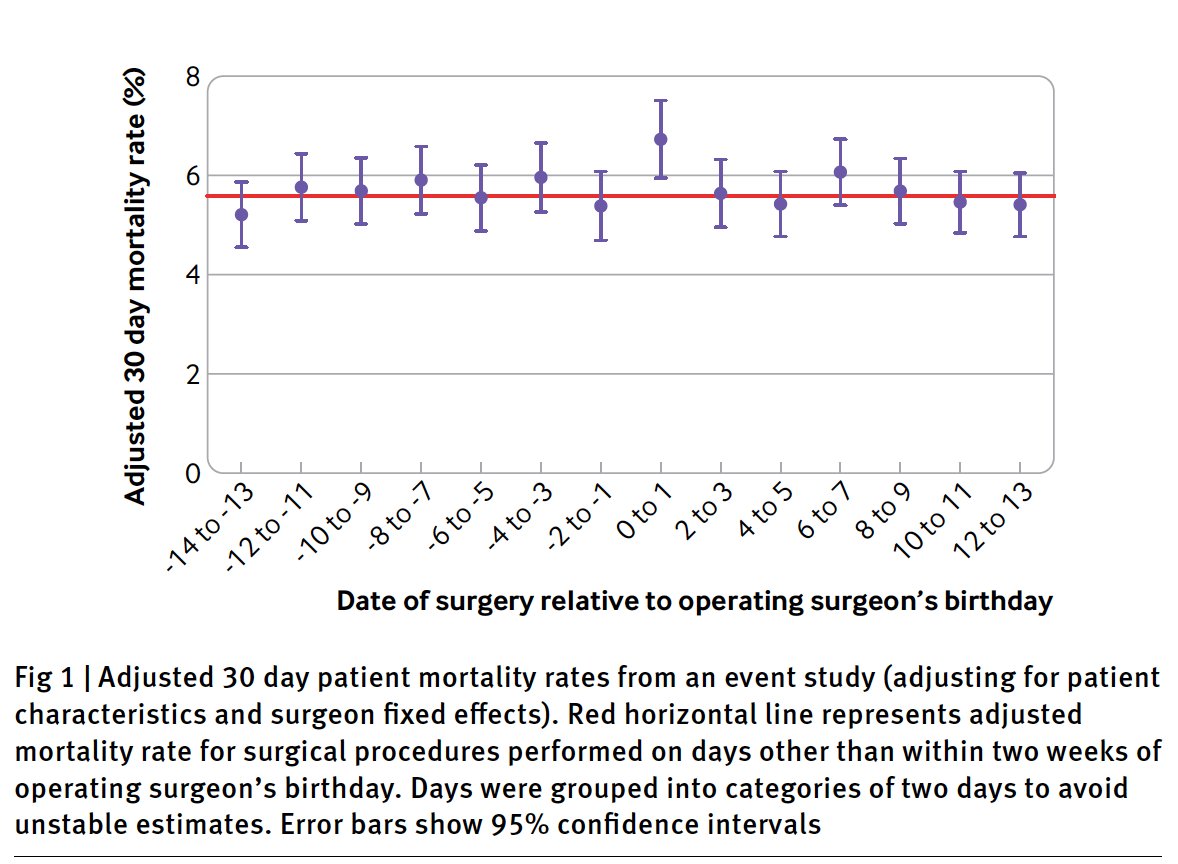
Economist, physician, and Joseph P. Newhouse Professor at Harvard.
Co-author, RANDOM ACTS OF MEDICINE, book and Substack.
Host of Freakonomics, M.D.
How to get URL link on X (Twitter) App





 2/
2/